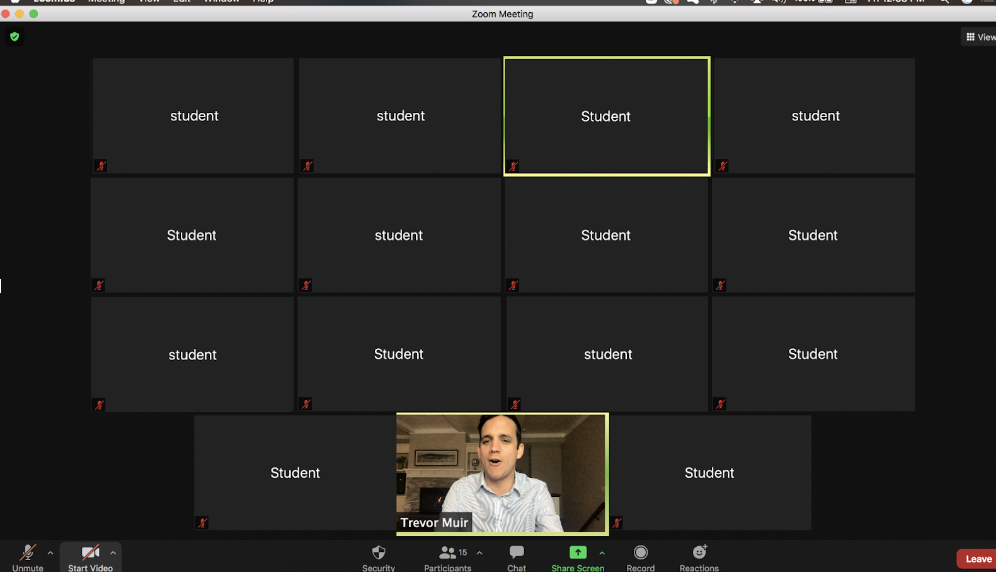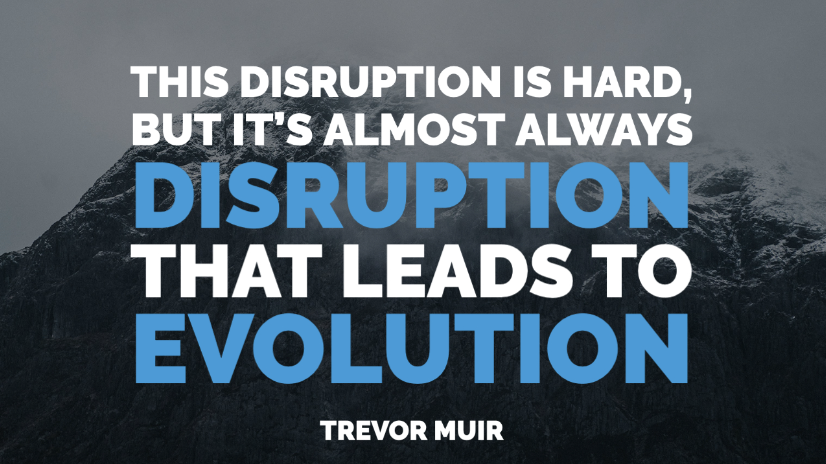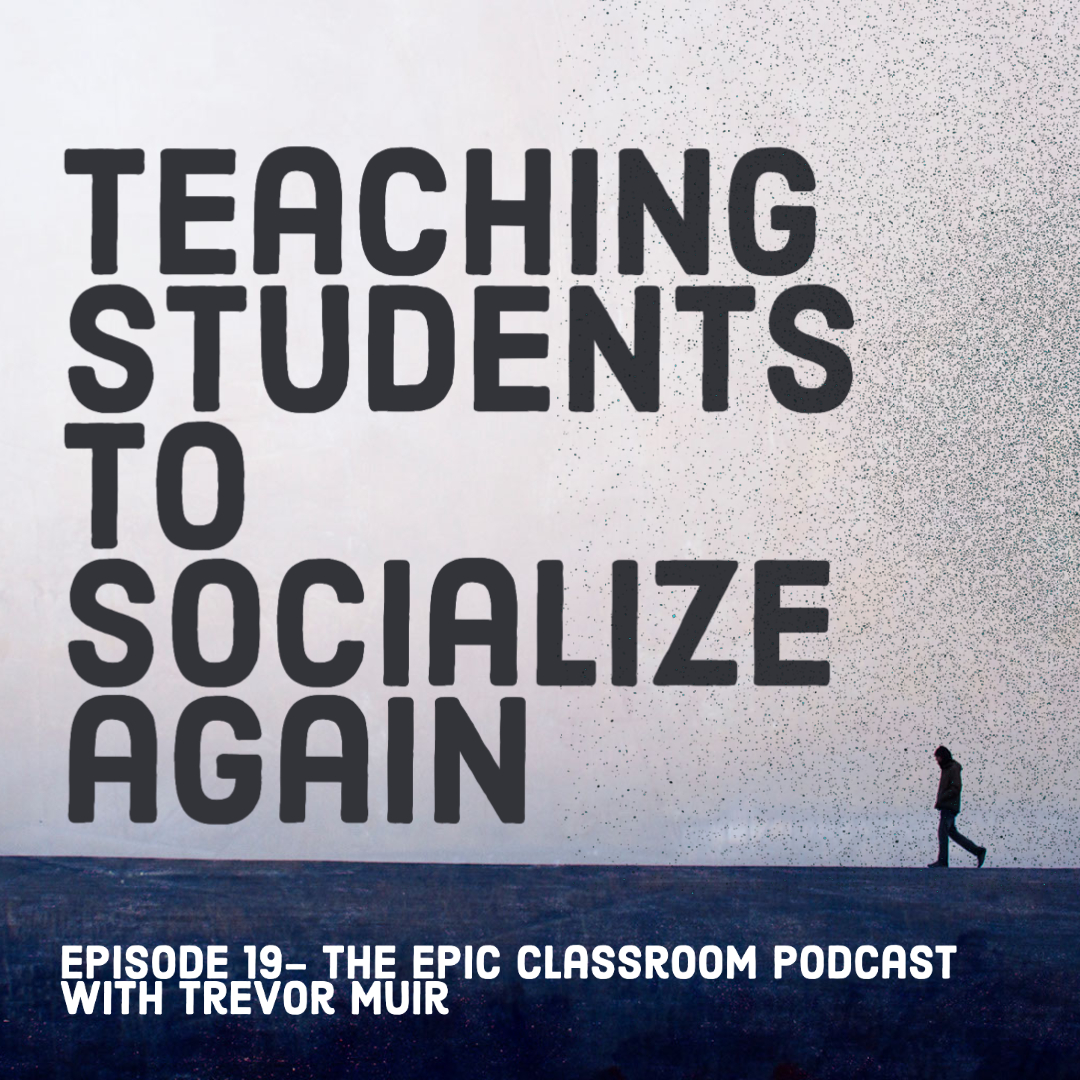Here's the Real Learning Loss Caused By COVID
Sep 08, 2022My son went into distance learning in March of his kindergarten year, dealt with all that school was in first grade, spent second grade mostly wearing a mask, social distancing, and living by constantly changing protocols, quarantining, etc.- experiencing a new normal. Except that for him, this has always been the norm; he does not know a school experience without a pandemic. And for kids who did experience school before covid, the memories of school in the past are a distant, faded memory.
It’s been a while since students experienced a normal time in school. This is a long time for kids to spend in limbo, to operate out of survival mode, and to experience daily disruption.
This kind of disruption is impactful.
If you’re an adult, in a sense, the pandemic still feels recent, like a crisis we had to figure out. And yet, it also feels like forever. We got used to the disturbance, living in stress and just expecting to be in survival mode. For younger students, it is almost their forever. This reality is heavy, and if you’re an educator teaching and leading in this mostly-post-pandemic world, you’ve probably seen the result of this heaviness, this disruption, in your students.
It’s not just academic “Learning Loss” that matters.
There’s certainly been an impact academically on many students. On average, following the pandemic, k-12 students are 5 months behind on math and 4 months behind on reading. “Learning loss” is real and something to consider, but talk to most teachers and parents, and you will see on the ground level that this is not the biggest concern right now. The largest disruption of the last 3 school years is a social one. From isolation at home, to spread out lunchrooms, uneven schedules, canceled sports, divided recesses, etc., COVID impacted social development and is potentially stunting student development.
Just read the responses to the many teachers who responded to my posting of this graphic on my Facebook page. You will see example after example of teachers sharing how students are struggling to connect with one another in the classroom.
A lack of social interaction affects engagement.
I teach a hybrid college class, and for one of my classes I split my students into groups on Zoom to have discussions based on several prompts I gave them. For accountability, I asked that someone in their group record their responses and submit afterwards.

For a little extra accountability, I hopped around to each Zoom room to listen in on discussions, and every single one of them was silent when I got there. Screens off and on mute. What I learned was that each group was splitting up the prompts and answering them individually, and then they’d combine them and turn that in for credit. I was a little shocked; these were relevant discussion questions. So I asked every group why they were doing it like this, the instructions were to discuss. Are you just being lazy?
But the unanimous response I received was, “Discussing is just so uncomfortable.”
I know that getting students to discuss is not a new problem that was introduced by the pandemic. I’m sure Plato faced some of these same problems with his students. But to see it with every single one of the groups feels different. This lack of social interaction is affecting engagement, and this will have a long-term impact if we don’t act.
We need to shift the primary focus of school.
So what do we do? How do we help our students cope with the abnormality and social 'learning loss' of the last 3 school years?
Well one, what if the primary emphasis of school right now is not hitting every single standard listed in the Common Core? What if teachers weren’t spending their time and energy trying to hit every content objective to decrease the academic deficit caused by Covid? Instead, what if the primary objective of school was addressing the most pressing needs of our students, the chief of which may be social connection.
The classroom needs to be a place where students are working together and finding community, learning how to talk to others, build relationships, solve problems, experience healthy conflict, express creativity, and connect with others. Academics still belong, but what if they weren’t the center of our focus? The center of testing? The center of teacher evaluations? The center of stress and anxiety right now?
What if instead play was? Or collaboration? Or relationships? And we realize that when students are engaged in those areas, academic success usually follows.
Let's keep this emphasis on socialization after the pandemic.
Caring for the whole child and their social development is what students need during disruptive chapters of life, but it’s what they need the rest of the time as well. I know the idea of resetting school because of covid has become a little redundant, but what a waste it would be if there was no adaptation despite the opportunity. This moment we are in now can serve as a catalyst for change and growth.

So teachers, how can you orient your class and curriculum to meet your students' needs? Administrators, how can you give your teachers the trust and support to do so? And parents, if you’re reading this, how can you advocate and support this as well? Because here’s a reality: this disruption is hard, but it’s almost always disruption that leads to evolution, and I think we’d all agree that the education system could use a little evolution.
I took some time to outline ways to help students learn to interact and connect with each other again. From certain activities to specific protocols, I share concrete ideas to get students to meaningfully socialize in the classroom and beyond. I recorded these ideas in my latest podcast episode, Teaching Students to Socialize Again. You can access the episode here.

Stay Connected With Trevor's Work
Join thousands of educators who receive weekly articles, videos, and inspiration from Trevor.
SPAM is the worst. I promise to only send you my best stuff and NEVER to share your email.

